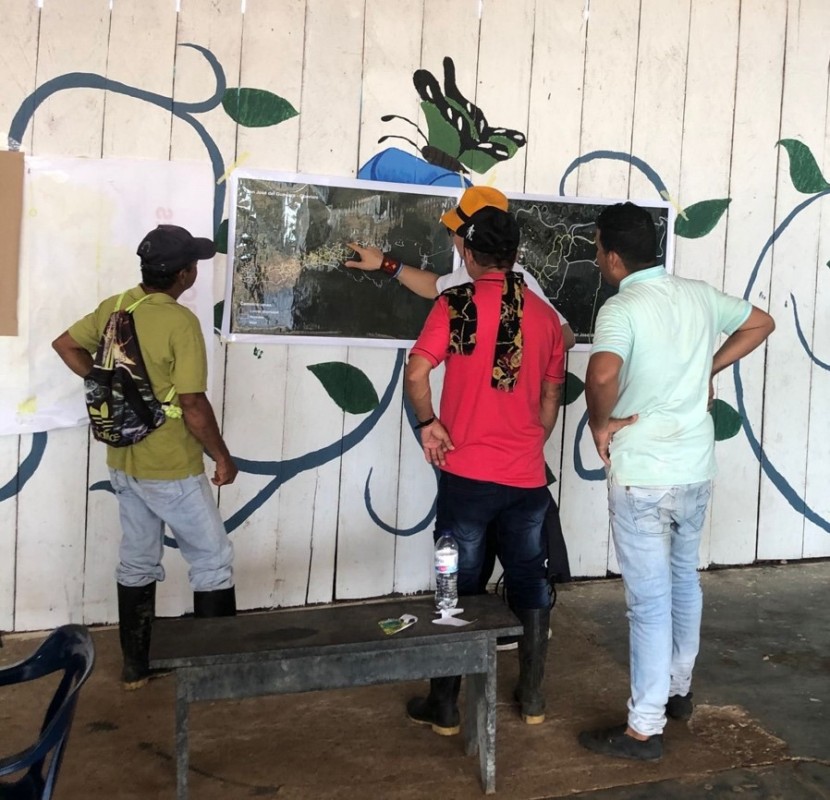São Paulo’s pioneering harm reduction programme for people who use crack cocaine faces an uncertain future following the recent election of a new mayor who claims he will shut it down.
Joao Doria of Brazil’s Socialist Democrat Party (SDP) was elected mayor on October 2, receiving 53 per cent of the vote. The result marked a sharp rejection of the incumbent, Fernando Haddad of the Workers’ Party, who achieved only 17 per cent in his attempt at re-election.
Doria, a man some have compared to US presidential candidate Donald Trump owing to his role on Brazil’s version of The Apprentice and lack of political experience, will take office on January 1, 2017.
A key pledge during the mayor-elect’s campaign was to shut down one of the city’s more controversial programmes from the Fernando Haddad era: With Open Arms (De Braços Abertos – DBA). This initiative, implemented with a mayoral decree in early 2014, provides housing and employment opportunities for people who use crack cocaine in São Paulo’s so-called Crackland district, and does so without requiring they abstain from drug use.
Doria, conversely, wants to see the population that DBA serves placed into abstinence-based drug treatment, and speaking last month ahead of the election, stated that upon DBA’s closure, people would go into the state government’s Restart (Recomeço) treatment programme.
The Brazilian Platform for Drug Policy (BPDP) has criticised Doria’s proposal to end DBA, highlighting that the Restart programme is “at odds with contemporary knowledge about the care and treatment of people who use drugs problematically.” They state, furthermore, that in the three years since the programme began, it has not undergone an evaluation as to its efficacy and outcomes.
The BPDP is not alone in this stance. A collective of human rights groups and movements launched a manifesto on Facebook late last month titled “In Defence of With Open Arms, Freedom and Democracy,” while Nathália Oliveira of the Black Initiative for a New Drug Policy (INNDP) told Justificando that the importance of DBA lies in its promotion of the rights of people who use drugs. Other programmes, she said, operate as a barrier to including these groups in society.
Since launching in 2014, over 900 people have been enrolled in DBA and as of June this year around 500 were actively engaged in the programme. Many of these people, as well as being housed, work as street cleaners or gardeners, among other roles, in return for R$15 per day (around $5). Participants also receive meals and are linked up with healthcare services.
As TalkingDrugs has previously reported, two separate studies – one by the BPDP and the other by the municipal government – found that the majority of those engaged in the programme had reduced their use of crack cocaine, with people noting that the stability of employment and housing had a positive impact on their lives.


